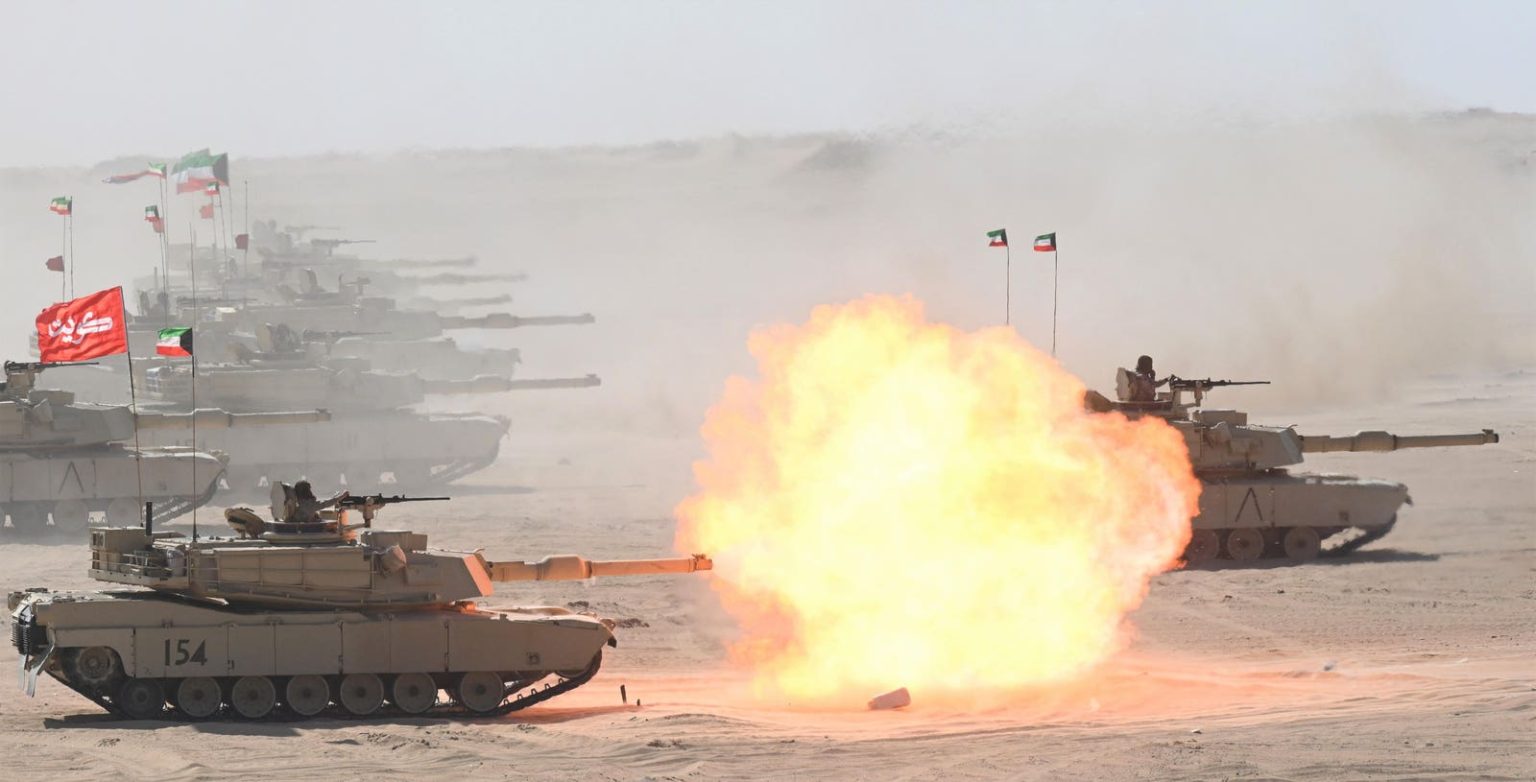Bahrain has recently requested 50 M1A2 Abrams main battle tanks from the United States, along with associated vehicles and equipment, in a deal worth $2.2 billion. This order is part of a trend in the Arab Gulf states purchasing some of the best Western-built tanks available. The Bahraini order is specifically for the most advanced variant of the Abrams currently in service, the M1A2 SEPv3. Although a large number of tanks for such a small state with a population of less than two million, the purchase will replace Bahrain’s aging fleet of M60 Patton tanks and bring them in line with neighboring countries like Saudi Arabia and Kuwait who also possess advanced Western-built tanks.
Other Gulf Cooperation Council states have also acquired advanced Western-built tanks in recent years, including the United Arab Emirates which bought nearly 400 French Leclerc tanks. Oman was the only foreign operator of Britain’s Challenger 2 tank until some were transferred to Ukraine. South Korea attempted to sell their K2 Black Panther tank variant to Oman, while Qatar acquired Leopard 2A7+ tanks from Germany and made a deal to buy 100 Altay tanks from Turkey. These acquisitions are significant considering the small size of the countries involved.
While Russia has attempted to secure arms deals with the Gulf states, they have not been able to secure significant deals. The ongoing conflict in Ukraine has made Gulf states less likely to buy Russian hardware, particularly tanks and aircraft. In the past, Russia won a contract with Saudi Arabia for T-90 tanks, helicopters, and BMP-3s, but ultimately Saudi Arabia ordered more M1A2 tanks from the United States. Kuwait also delayed a deal to purchase Russian T-90MS tanks and may end up sending their old M-84 tanks to Ukraine.
The trend of Gulf states purchasing Western-built tanks is likely to continue for many years to come, as demonstrated by Bahrain’s recent order for Abrams tanks. These countries prefer Western-built tanks for their armored forces, and the ongoing conflict in Ukraine has made Russian arms less attractive. Gulf states have shown a strong commitment to buying American hardware, as evidenced by deals with Saudi Arabia, Kuwait, and now Bahrain. While Russia has attempted to gain a foothold in the Gulf arms market, they have not been able to secure the same level of deals as Western countries.


